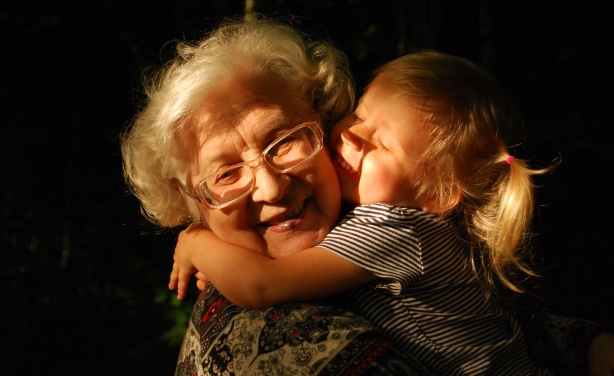How long have you been a researcher?
I have been actively involved in clinical research since attaining my specialist qualifications in 2000. Most of my research has been through involvement via Investigator Initiated Trials (IIIT) but I have also been involved with multi-centre trials through membership of trial collaborative groups such as TROG, BCT and ANZUP.
Part of my registrar training occurred in Newcastle, New South Wales within the trial operational unit of TROG closely working with the clinical research team and doctors. This certainly opened my eyes to the complexities required to run and administer a robust clinical trial.
What motivates you to conduct research?
I think it’s important that we all practice evidence-based medicine and where possible participate in clinical research. The excellent clinical outcomes we are able to achieve with our patients today are no doubt a testament to the fine efforts of our senior colleagues who conducted landmark clinical trials in the 1980s to 2000s. There is certainly room for improvement, and we must continue refining treatment paradigms for our future patients.
On a personal note, conducting clinical research has been an important way to maintain my intellectual stimulation and clinical currency. I enjoy my clinical workload and receive a lot of satisfaction and joy in watching patients progress through their treatment journey, but the satisfaction I get from conducting clinical trials does take things to the next level as outcomes from our efforts could potentially positively impact an entire generation.
What is your biggest achievement in research so far?
I am currently a principal investigator of an IIT called LIBERATE which is looking at improving outcomes for men with localised prostate cancer. I am lucky enough to be able to participate in this trial because over the years I was fortuitously taught a treatment technique which fits nicely with the clinical question of this trial. We have so far treated 30 men and my co-investigators and I are very excited at the prospect of potentially being able to define a new treatment option for men with prostate cancer. Stay tuned…..
What are the biggest challenges facing you as a researcher?
A lot of people ask me how I’m able to fit all my research commitments in amongst my busy practice. At times I do wonder how I manage. Many people also are surprised at the fact that I am involved with clinical trials given I practice in a private setting and not within a publicly funded academic institution, where trials are heavily run. I’m proud to be part of Icon Group, an organisation who sees the value in running clinical trials and is able to quickly respond to incoming research trends and provide patients with access to new emerging treatments.
I would also not be able to conduct clinical research without the support of our experienced clinical research managers, coordinators and research executive. I’m grateful to have such an incredible team all dedicated to improving patient care.
How vital is community fundraising to research?
Trials of course cost money to run. The investment also doesn’t always translate to short term tangible returns. Unlike medical oncology, radiation oncology trials often don’t have the support of large grants or pharmaceutical company sponsors, so we often have to rely on community support.
Over the years I have participated in fundraising opportunities that have led to amazing experiences. In 2017 I walked the Kumano Kodo trail in Japan and the Camino pilgrimage, both of which raised $100,000. I was overwhelmed by the support, both monetary and encouragement shown toward me from past and present patients. For anyone looking to give back, I would encourage them to support research; we can’t evolve the way we treat cancer without clinical trials, your support will help us help patients today and far into the future.
Learn more about Dr See


